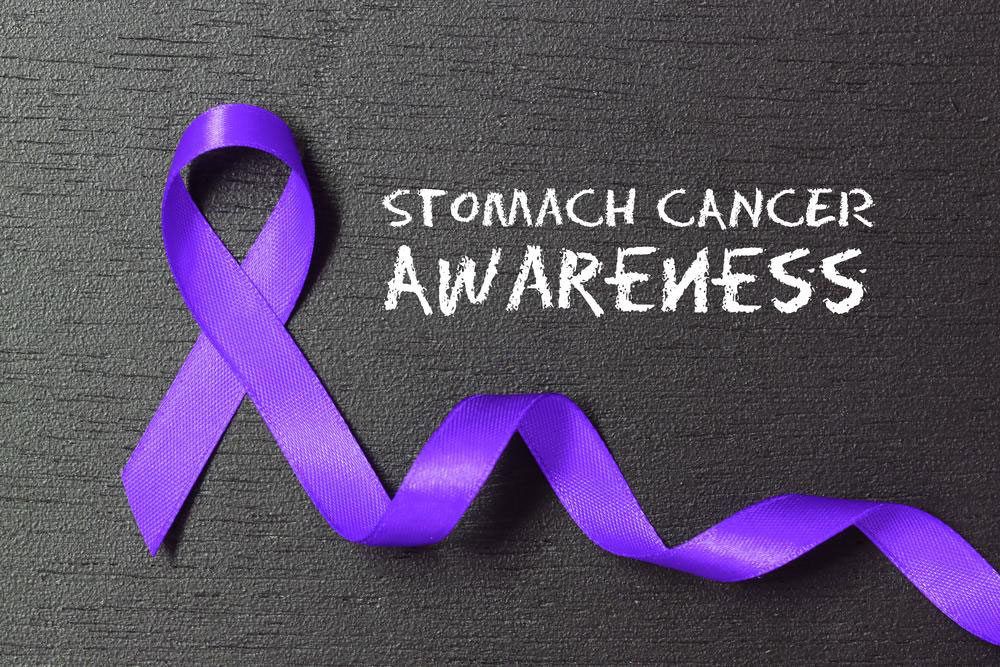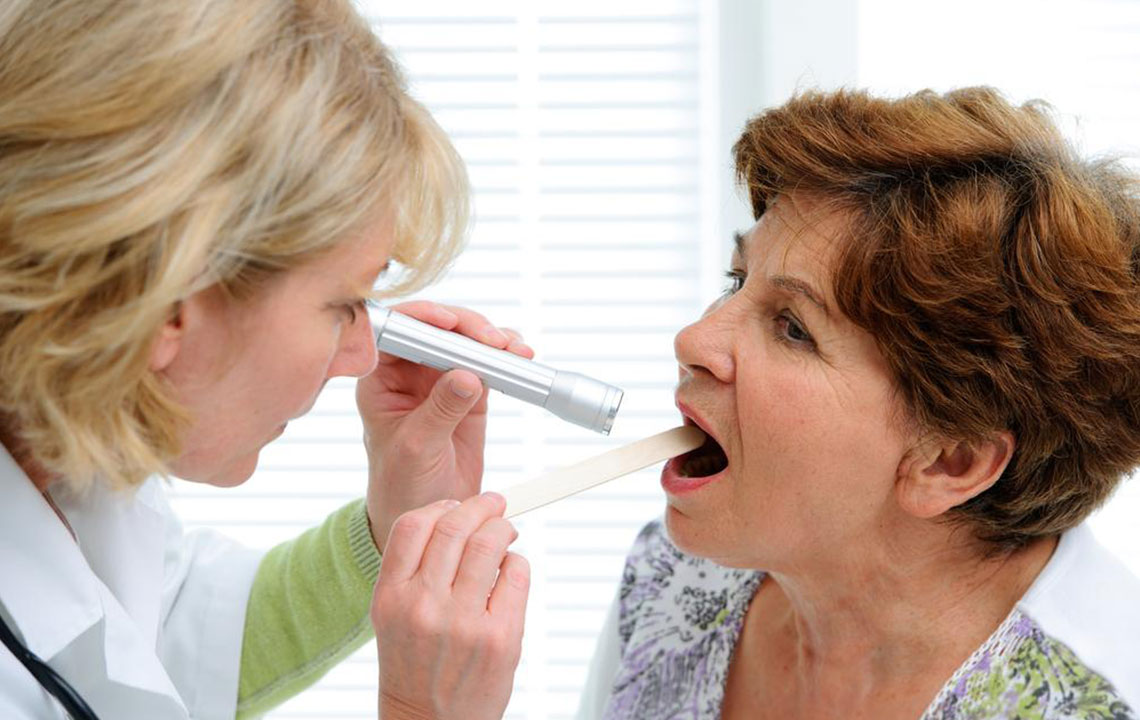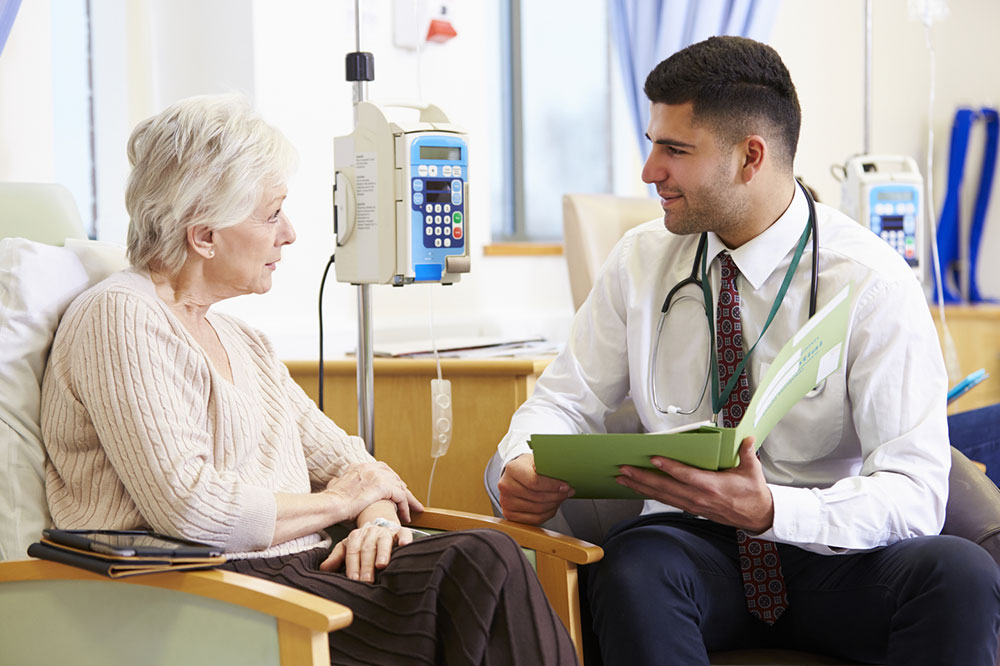Understanding Gastric Cancer: Signs, Causes, and Treatment Options
Gastric cancer, also known as stomach cancer, develops slowly and often shows subtle early symptoms like indigestion and nausea. Recognizing risk factors such as bacterial infections, smoking, and diet is vital. Treatment options include surgery, chemotherapy, radiation, and targeted therapies, with early detection significantly improving outcomes. Maintaining a healthy diet and managing infections can help reduce risks associated with this disease.
Sponsored

Gastric cancer, commonly known as stomach cancer, originates from the inner lining of the stomach and tends to develop slowly. Early detection of symptoms greatly improves treatment success. While the exact cause remains uncertain, several factors may increase susceptibility, including bacterial infections, lifestyle choices, and genetic predispositions.
Risk Factors
H. pylori infection
Chronic gastritis
Persistent anemia and stomach polyps
Smoking and obesity
Epstein-Barr virus
Work in metal, wood, coal, or rubber industries
Asbestos exposure
Blood type A
Genetic factors
High-salt diet
Early Symptoms
Indigestion
Bloating after meals
Heartburn
Nausea
Loss of appetite
As tumors enlarge, symptoms may include:
Abdominal pain
Blood in stool
Vomiting
Unexplained weight loss
Difficulty swallowing
Jaundice and skin discoloration
Swelling in the abdomen
Constipation and diarrhea
Fatigue and persistent heartburn
If such symptoms are observed, physicians may recommend tests like blood analysis, endoscopy, CT scans, Upper GI series, or biopsy to confirm diagnosis.
Treatment Strategies
Approach depends on age, overall health, cancer stage, and symptom duration.
Surgical Intervention: Removing part or all of the stomach and affected tissues. In advanced cases, total gastrectomy may be necessary. Sometimes, a stent is inserted to keep pathways open.
Chemotherapy: Delivered orally or via injections to target and inhibit cancer cell growth. This treatment may last weeks and have side effects.
Radiation Therapy: Focused high-energy rays destroy cancer cells and reduce tumor size.
Chemoradiation: Combining chemotherapy and radiation to enhance treatment efficacy.
Targeted Therapy: Drugs designed to attack only cancer cells minimize damage to healthy tissues. Maintaining a diet rich in fruits and vegetables, and avoiding salty or pickled foods, can lower risk. Early treatment of H. pylori ulcers can also prevent progression to cancer.






